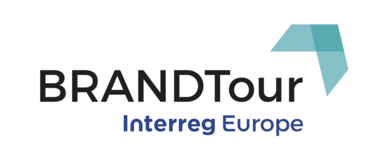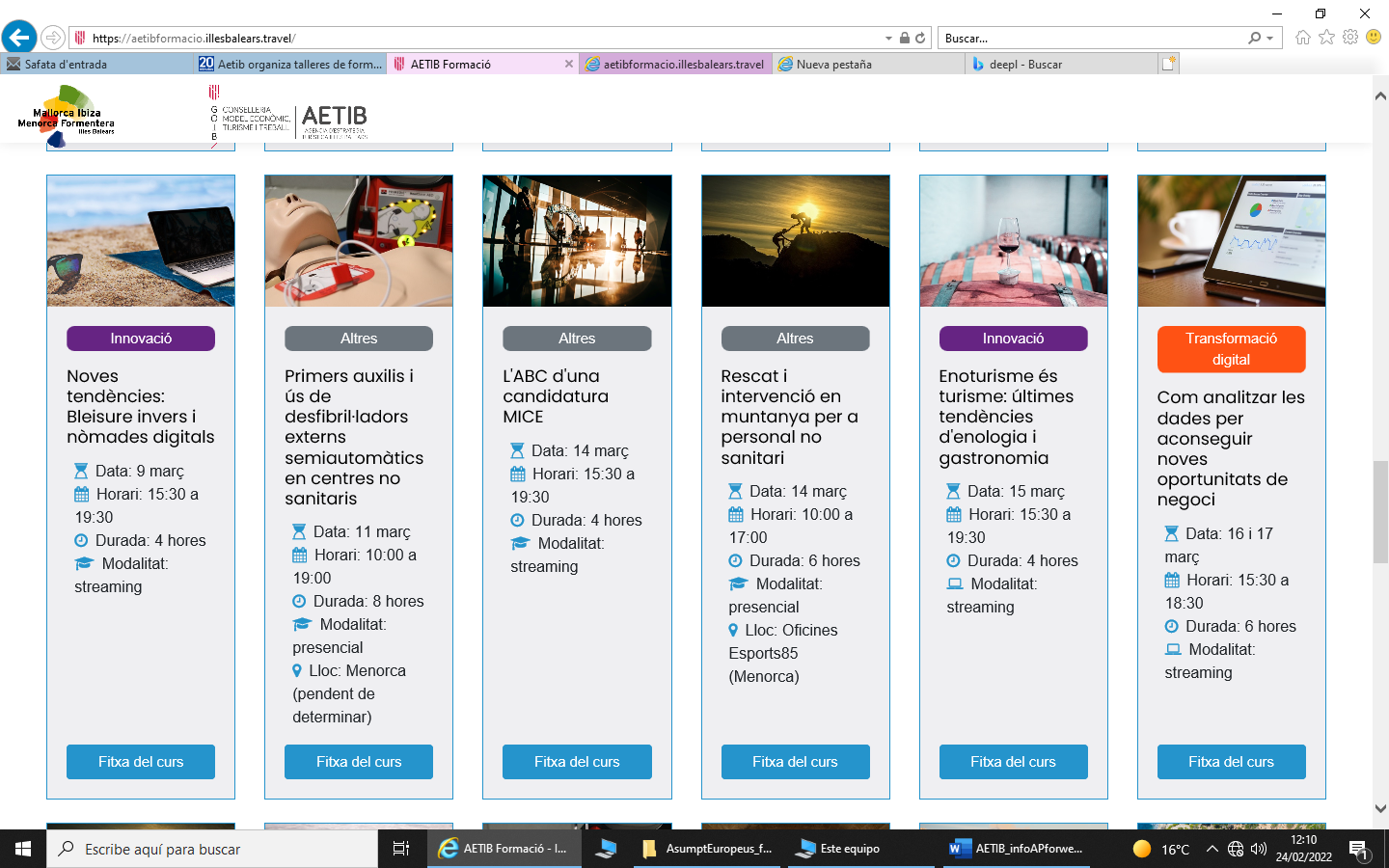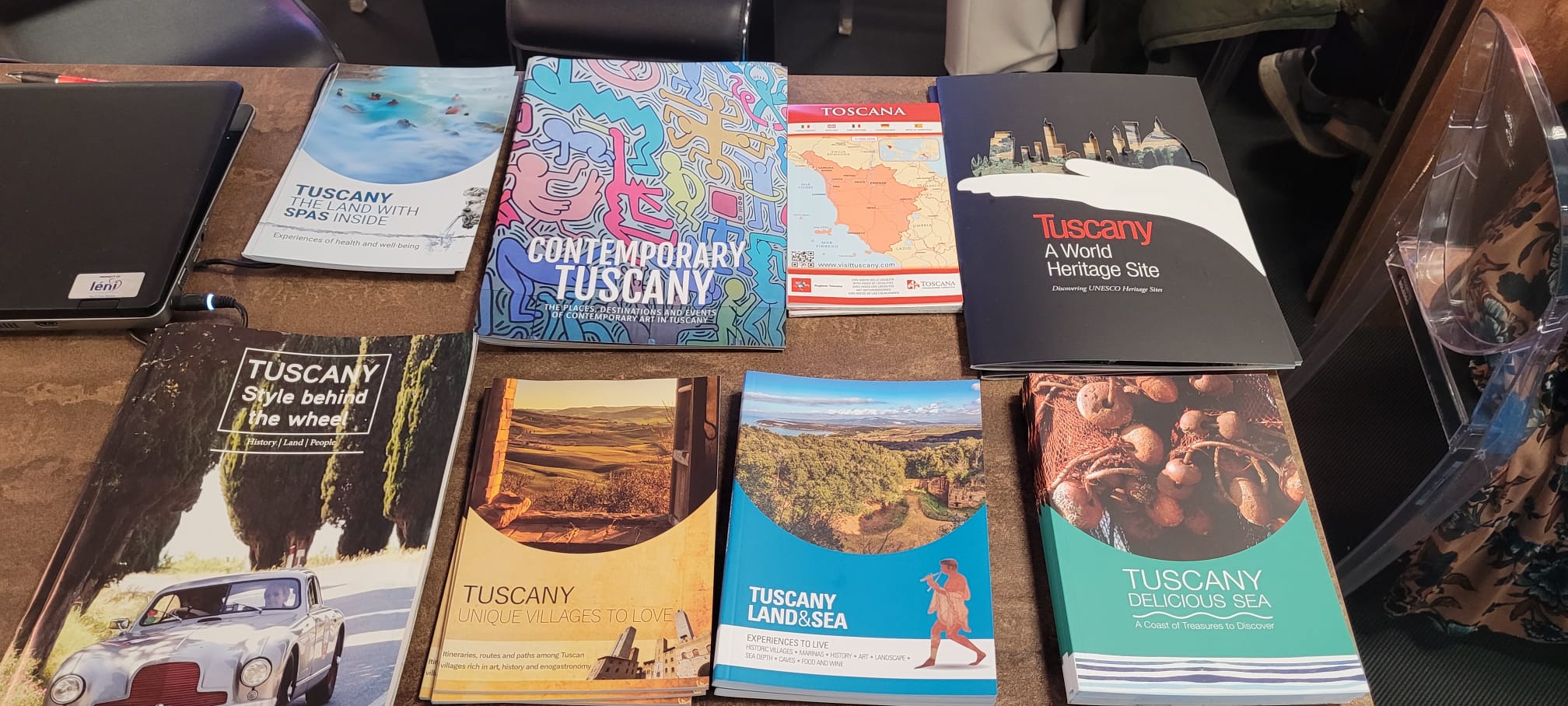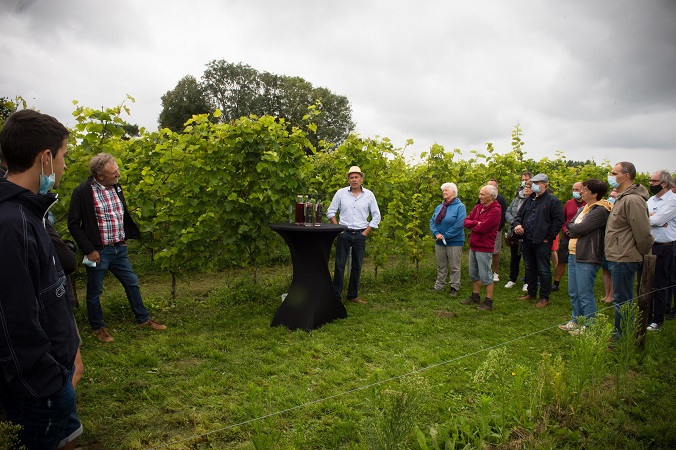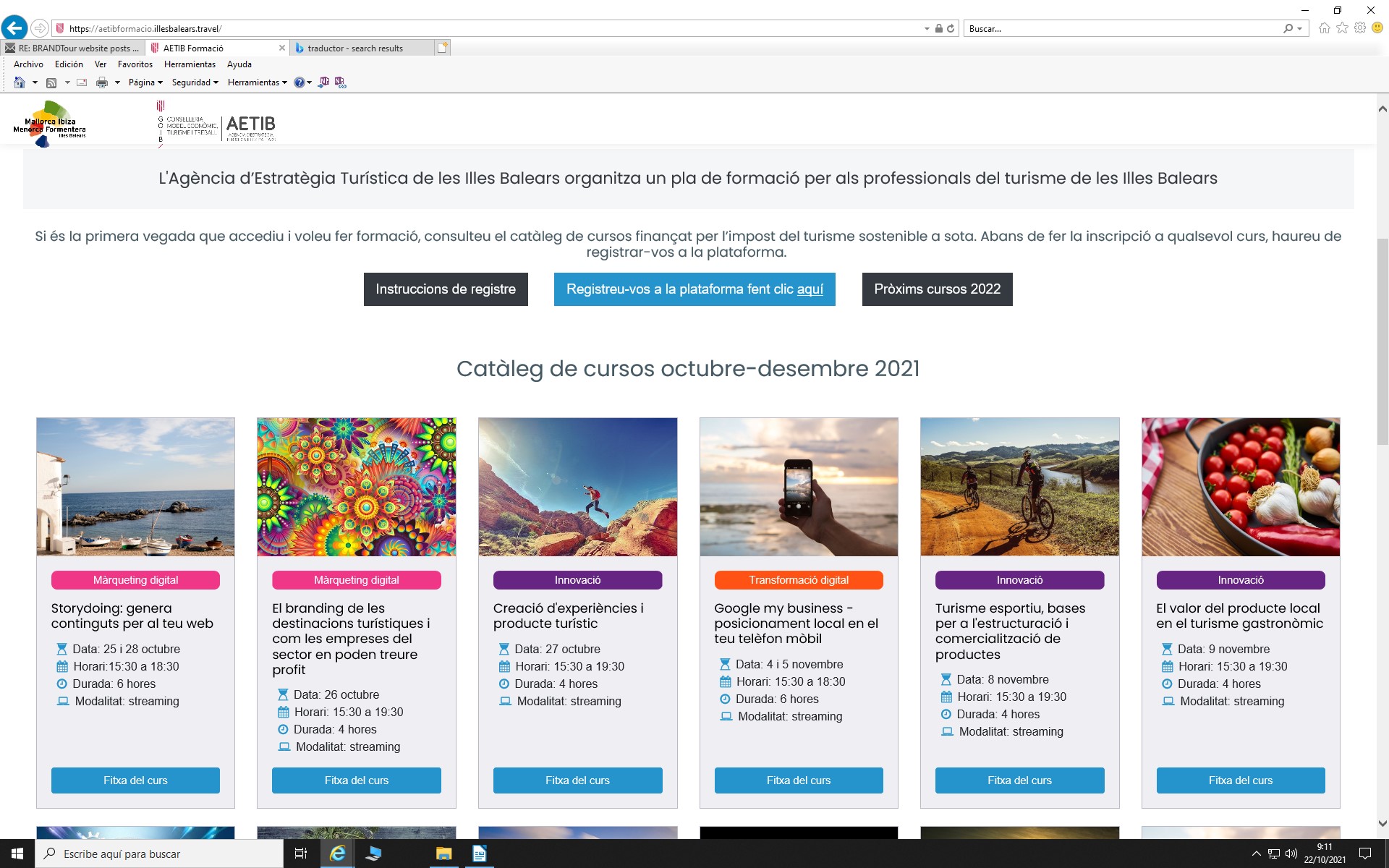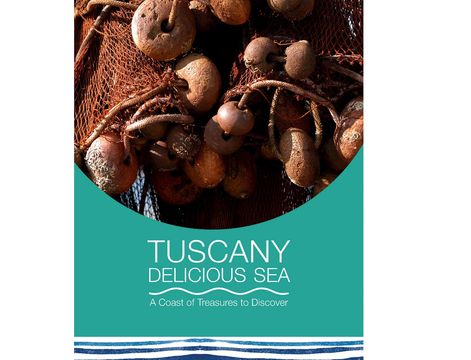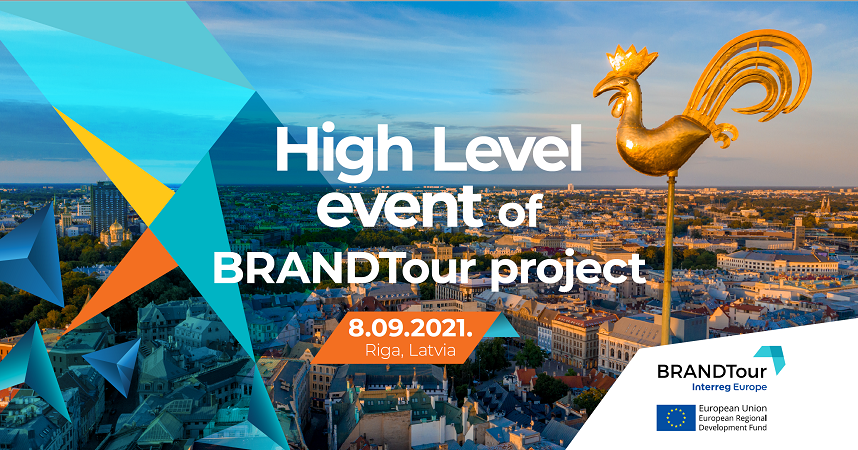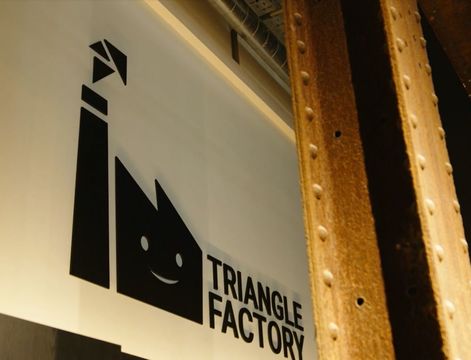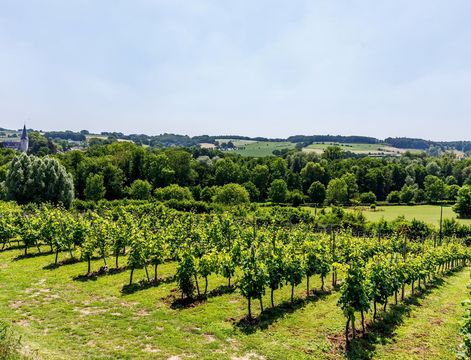1. Introduction
The Interregional Exchange of Experience Seminar was held on May 31th in Barcelona, Spain, as part of the "BRANDTOUR" (Building Regional Actions for New Developments in Tourism) project.
The seminar kicked off with a short welcoming speech by Erwin Siweris, director of the Interreg Europe Joint Secretariat. The first part of the seminar was dedicated to an introductory presentation on the programme vision on policy learning. Nicolas Singer, Head of Unit projects and platforms, summarised the main outcomes of a study carried out in 2012 on the exchange of experience processes. He explained that no magic recipe exists to make the learning process a success, but that many different factors have an impact on the way projects organise their exchange of experience activities: number of partners, topic addressed and history of the partnership. Yet, certain key elements should always be taken into account (multidimensional learning, quality of the activities, integrated approach).
2. Learning process: the projects’ practices
Three projects approved under the first call for proposals were invited to present their experience on the way they organise their learning process: HERICOAST, S34Growth, SIE.
example: HERICOAST project approach is divided into 3 steps:
1. Partners focus on identification and analysis of their heritage and territorial situation.
2. The exchange of experience and good practices within heritage management.
3. The development of regional action plans through participatory involvement of stakeholders. The exchange of experience is done via:
- Development of a methodological framework to assess their heritage and territorial situation
-5 workshops combined with field visits aimed at facilitating exchange and practical learning on good practice within heritage management
-Organising of workshop in 2 Marinescape Forum Events.
-Regional activities on analysis of heritage, sharing knowledge and production of regional action plans
- Participation in European events to increase dialogue with civil society, academia and policymakers outside the partnership
-Use of the Policy Learning Platform.
The identified good practices and the practical learning process will both feed into a joint development of a toolbox for policy development. To promote learning amongst regional groups of stakeholders, partners will maintain active dialogue in order to transmit knowledge and experience. Given specific themes, partners can invite key stakeholders to participate in workshops to share their expertise. The sharing of experience with stakeholders is vital in development of regional action plans.
The participation of the local stakeholder groups is essential for the successful implementation of the project. Each project partner recognises the valuable insight that these stakeholders have both in terms of the development and the implementation sides of regional policies. Local stakeholders will form an integral part of hosting study visits in their own partner region to explain how the policies are shaped and operate on the ground. These cross-sector representatives will include business support organisations, SMEs and representatives of MAs. Key members of stakeholder groups will also attend study visits in partner regions to learn from best practice in policy implementation across Europe.
3. The methodology, the tools, and the people
Organised in groups, participants discussed their methodology for exchanging experience, the activities planned for it and the involvement of the local stakeholder groups.
Starting from the graphic representation of their learning process (annex 1), they focussed on the most promising and the most challenging experience in their project. Peer reviews are one of the most successful tools to exchange, but it is not always easy to organise it due to the high amount of human resources needed from partners. Engaging stakeholder is a challenge for most of the projects. Some promising experiences were highlighted: “Swot of the swot” (in peer groups, partners make a SWOT analysis of the SWOT of each partner’s territory) and “make the story together" .
The last part of the seminar zoomed in the involvement of stakeholders in the project’s activities. To do so, a “role play” game was prepared with the following scenario: the first meeting of the local stakeholder group of the FLIP- FLOP project1. A JS member played the project main partner while three workshop participants played the role of the stakeholders. Most of the stakeholders present expressed their reluctance to participate in the project, each of them for different reasons (e.g. lack of time, lack of expected benefits). Finally, the Managing Authority who was invited did not even come to the meeting. After the role play, participants were asked to find suitable arguments to the project partner so he can keep the stakeholders engaged in the project.
